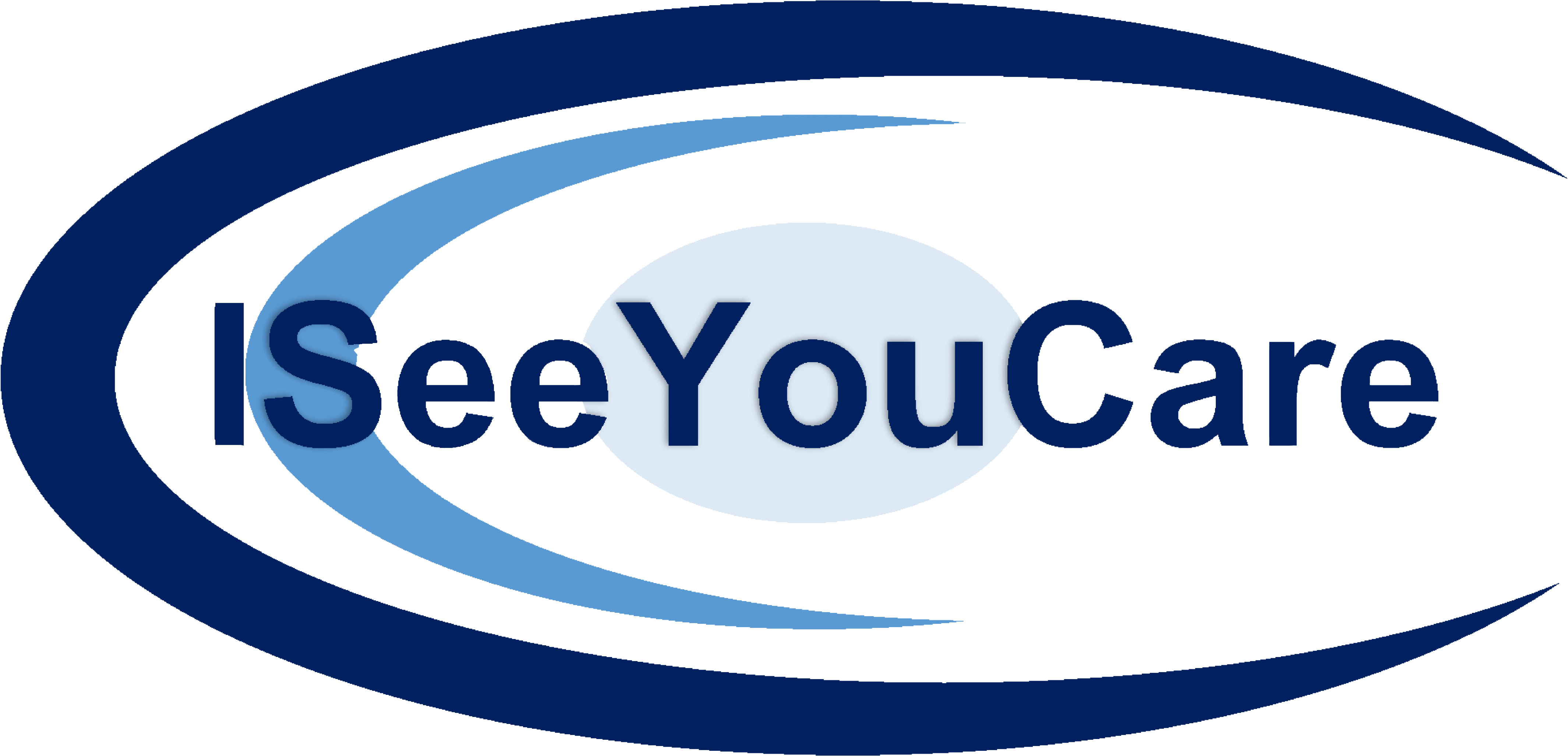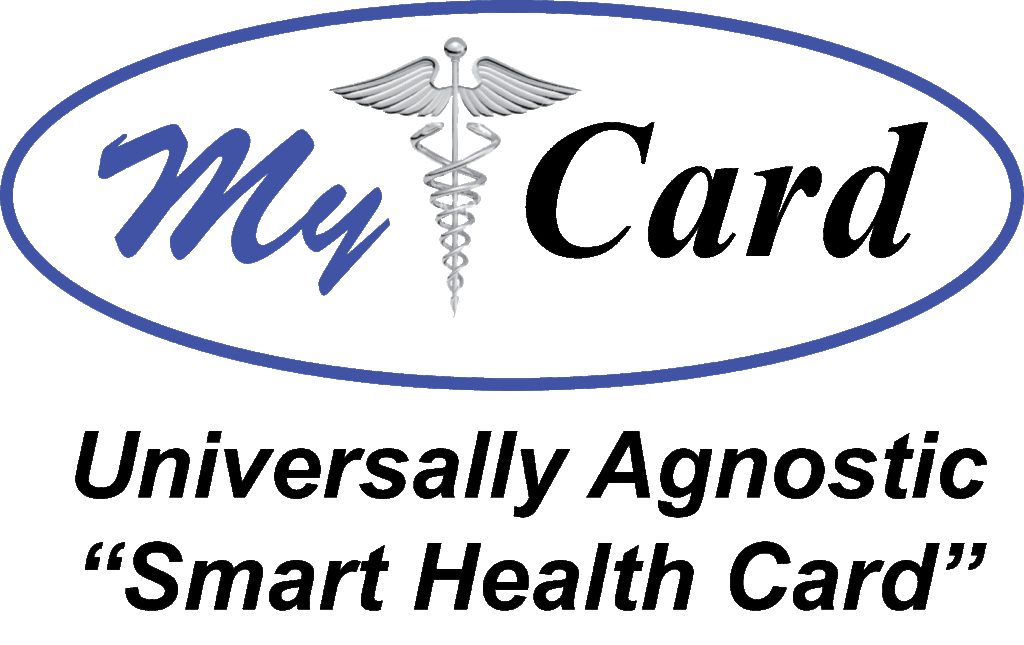The Advantages of Smart Health Cards.
For a broken healthcare system, there are many advantages of smart health cards. From a patients’ point-of-view, one big advantage of Smart Cards is that they allow medical records to become portable. The patient can take records from one provider to another. Every medical transaction is uploaded onto the patient’s card and added to their Virtual Lifetime Personal Health Record (VLPHR). Every health care provider treating the patient will have access to the information. In addition, portability saves the patients the time and effort of repeatedly filling out the same medical history and insurance forms for each new provider. The card will hold that information. This saves the patient and provider a huge paperwork headache, while also reducing the cost of medical care.
In terms of security, Smart Cards like ATMs, require the patient to enter a PIN number and thus can help verify the identity of the person requesting access to their electronic record—whether at a pharmacy in Oregon or in an emergency room in Missouri. The system displays a photo ID for visual confirmation of the patient’s identity. In addition, identity can rely on biometric data (fingerprint, iris scan, etc.).
ISeeYouCare’s Smart Health Card Solution
ISeeYouCare has developed and patented a VLPHR that provides the functionality to generate, capture, and transmit a comprehensive set of medical information in compliance with CCD/CDA/C-CDA interoperability standards from a cloud-based host Electronic Personal Health Records system to a Smart Card (CAC or other). The patient can carry their card to a distant care provider who would have the ability to open, view and download the data and diagnostic images using their card, from the cloud.
Additionally, the ISeeYouCare’s solution allows for the capture and retrieval of data associated with any and all of the patient’s medical services. This includes labs and radiology, accessible via a built-in DICOM viewer. The system parses the patient’s medical records into structured data. (Note: the patient owns and controls which providers, physicians, hospitals, pharmacies etc. may have access to their healthcare records. Additionally, the application uploads new data and treatment information into the patient’s VLPHR.
This new development has the potential use as a State (HIE) or preferably, a National (HIE). Therefore, this can provide a much-needed solution for many issues impacting the healthcare industry. There are many benefits from the “payer’s” stand-point, (insurance companies, and Medicaid and Medicare agencies). These include the reduction of healthcare fraud associated with multiple parties having access to the same insurance card and the elimination of the costs associated with redundant or duplicate tests being performed by multiple providers who lack access to the results of previous tests.
For more information on these and other advantages of smart health cards, contact us today!

